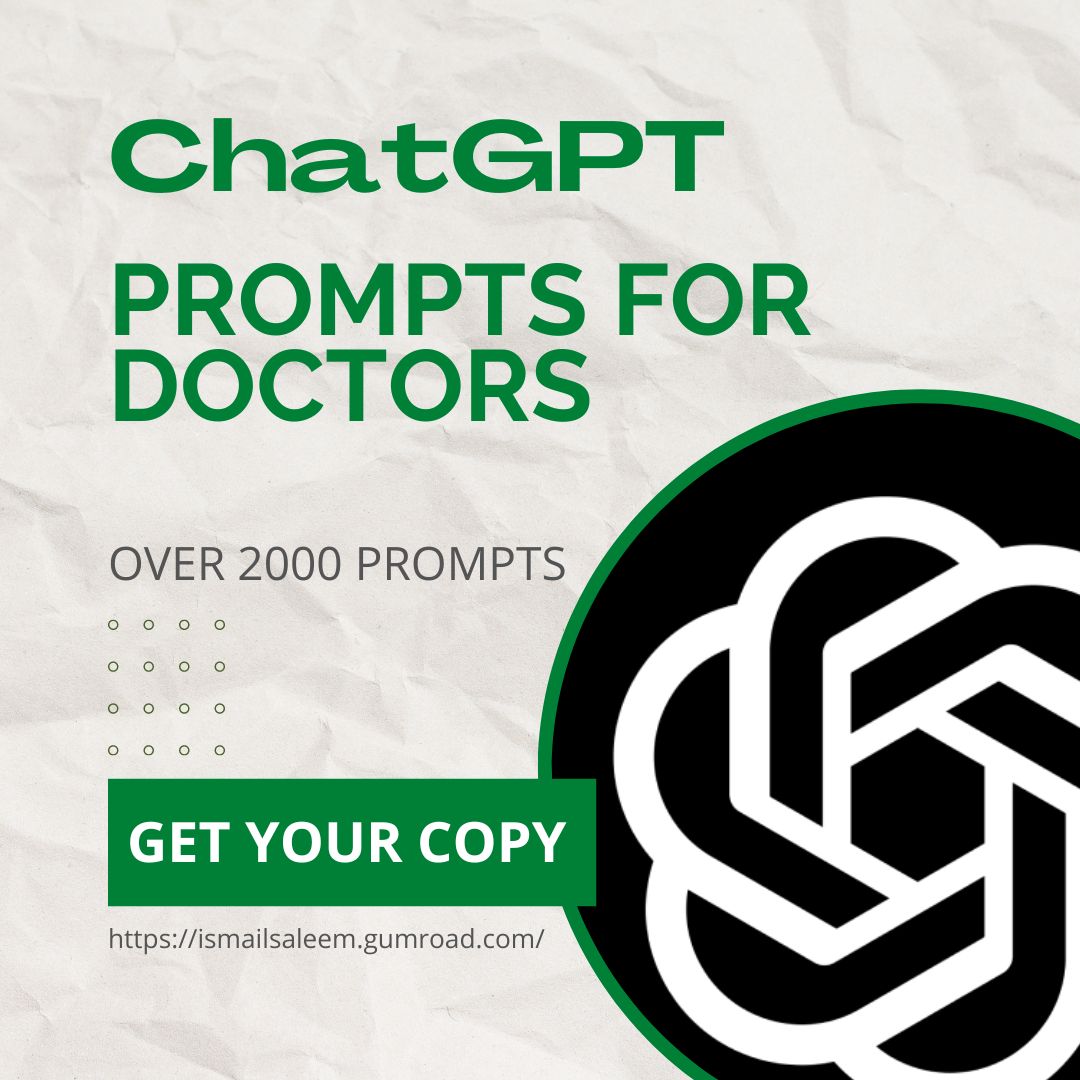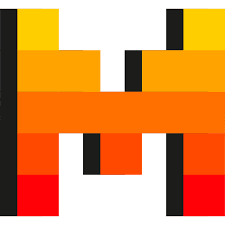Discover how OpenAI ChatGPT can assist with Doctors. Get AI-powered prompts for professional tasks to enhance your productivity and results.
Top OpenAI ChatGPT Prompts for Doctors
1. Prompt #1
An elite Doctors professional must mediate competing priorities between key partners. Detail the step-by-step actions, key considerations, and best-practice methodologies you would employ to achieve an optimal outcome.












